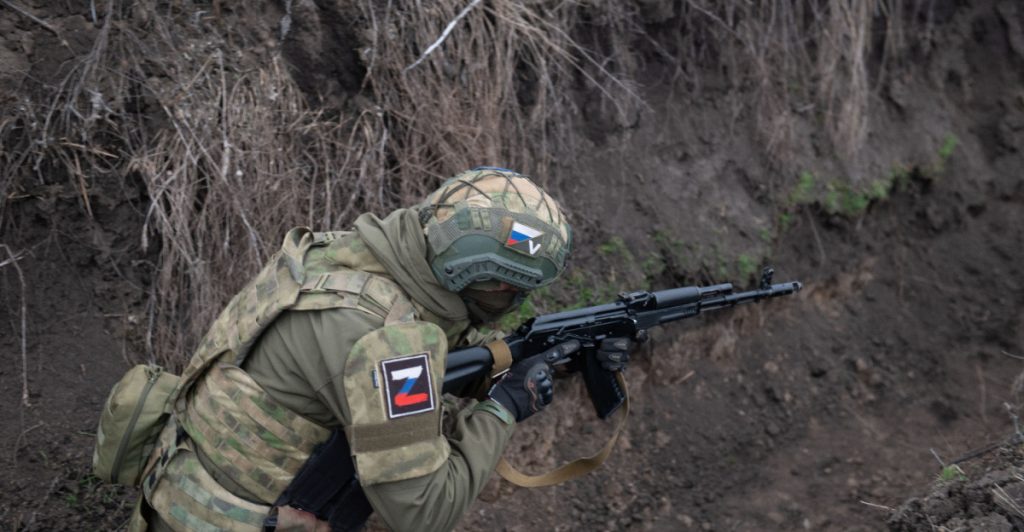The game casts Russian soldiers as saviors in a distorted version of reality.
Others are reading now
The game casts Russian soldiers as saviors in a distorted version of reality.
From Real World Devastation to Digital Propaganda
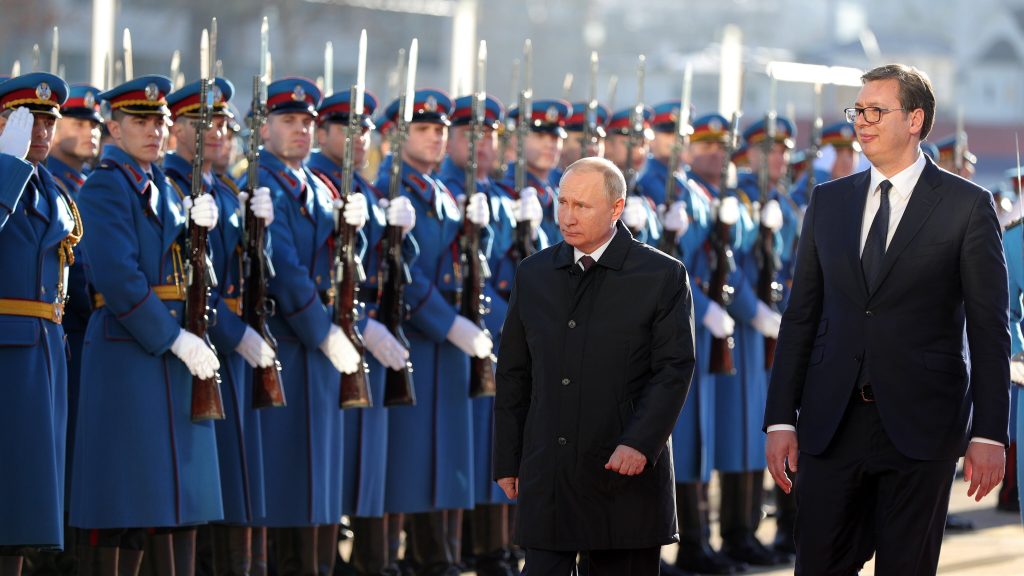
A new video game developed by a Russian studio with backing from Moscow’s Defense Ministry has triggered outrage, turning real-world devastation into digital propaganda.
Here’s what you need to know about “Squad 22: ZOV.”
Russia Moves the War to Screens

“Squad 22: ZOV” isn’t just another shooting game.
Also read
It’s a politically charged, state-supported video game that dramatizes the invasion of Ukraine as a heroic mission.
Designed for the Steam platform, it’s free to play in Russian, English, and Chinese, reaching a global audience.
Propaganda Disguised as Gameplay
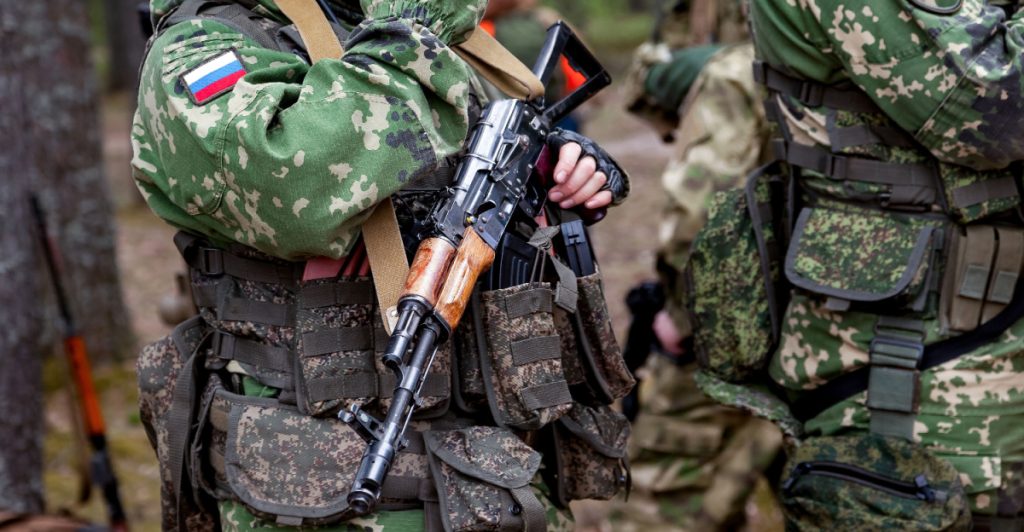
Players assume roles of fictional characters from Russian-occupied eastern Ukraine.
The narrative twists a brutal military campaign into a tale of “liberation” from so-called Ukrainian terror, casting Russian soldiers as saviors in a distorted version of reality.
From War Crimes to Missions
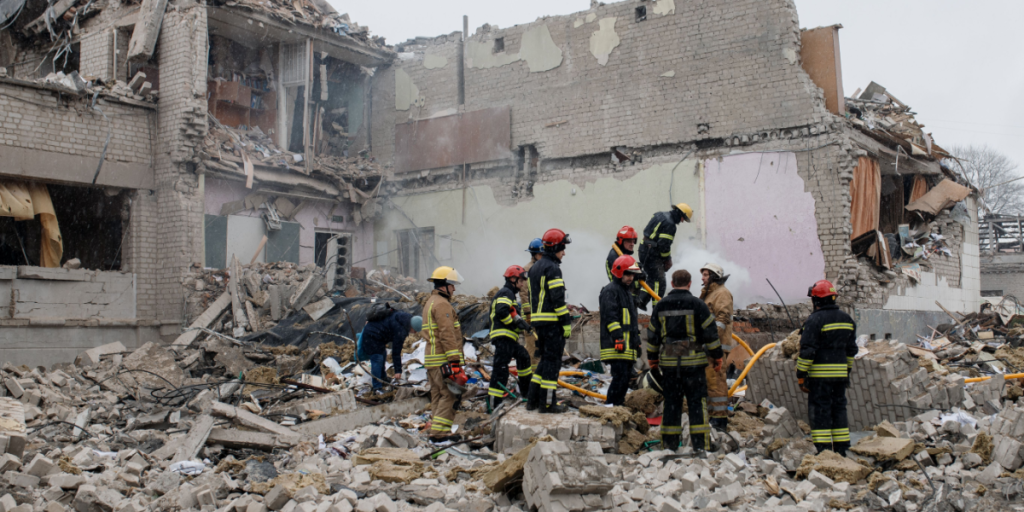
Scenes echoing Mariupol’s destruction and other real atrocities are repackaged as noble efforts.
Ukrainian analysts warn the game dangerously reframes history and serves as a tool to militarize and radicalize young minds at home and abroad.
The Kremlin’s Hand in Game Development

The project was spearheaded by Aleksander Tolkaci, a former diplomat and energy executive, now turned game producer.
According to Ziare he admits to fast-tracking the game at the request of Russia’s Defense Ministry, openly boasting about bypassing sanctions and platform bans.
State-Endorsed Military Indoctrination
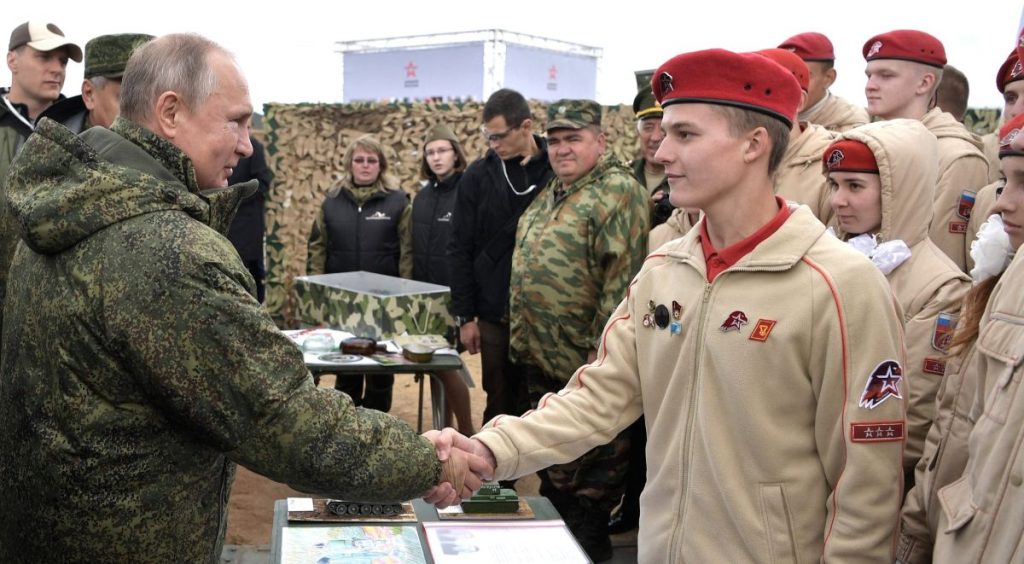
Shockingly, “Squad 22: ZOV” is promoted by Junarmia, Russia’s youth military organization, as “training material.”
Experts say the game isn’t just about entertainment, it’s a recruitment and indoctrination tool masked as digital fun.
Poor Graphics, Powerful Message
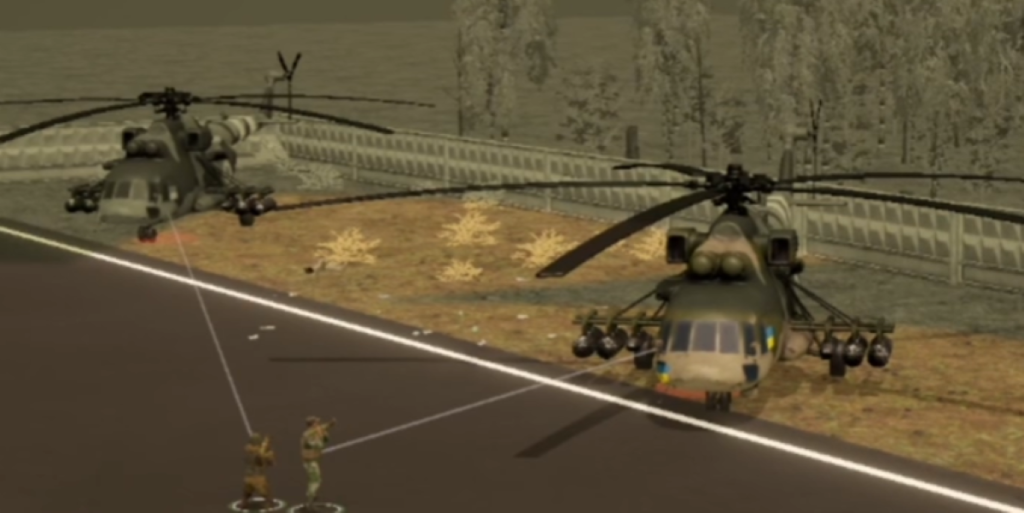
Despite clunky graphics and subpar gameplay, the game’s real danger lies in its messaging.
Ukrainian commentators note that even a low-quality title can seed dangerous narratives, especially among Western youth unfamiliar with the true nature of the conflict.
Digital Battlefield Strategy
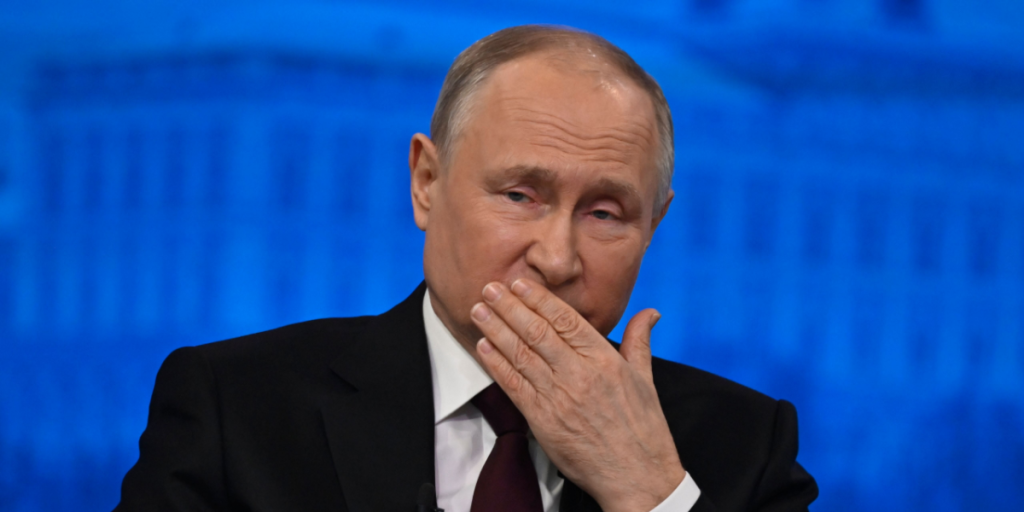
Ukraine’s digital analysts warn this is only the beginning.
Russia may soon invest in high-budget games designed to subtly influence public opinion across borders, using virtual platforms to reframe its international image.
The Steam Controversy

The U.S.-based Steam platform, with minimal content moderation, has come under fire for hosting the game.
Analysts argue that since Valve removed its Greenlight vetting process, the door has been left wide open for propaganda and harmful content.
The Call for Digital Defense
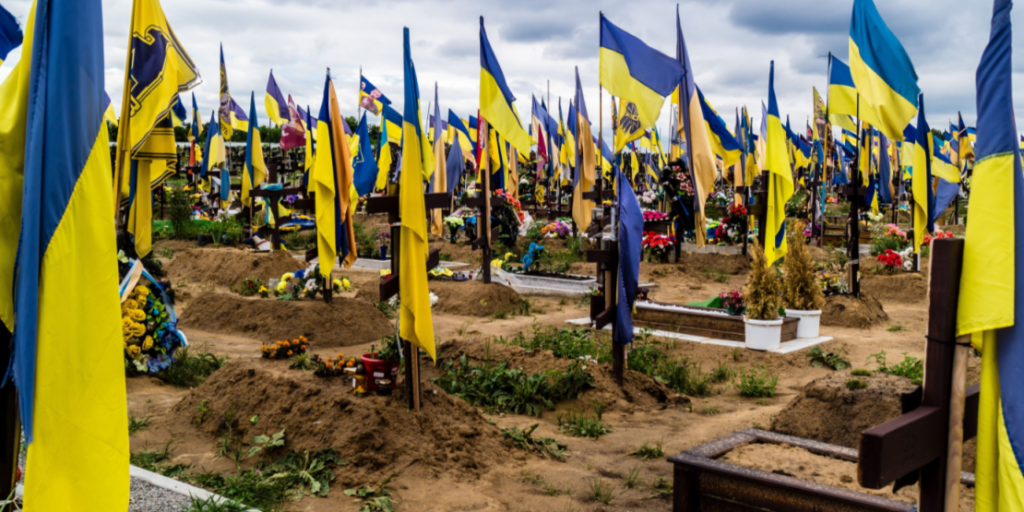
Ukrainian experts are urging their government to step in, not just to remove this game, but to build robust partnerships with digital distributors to prevent future propaganda efforts from gaining ground.

